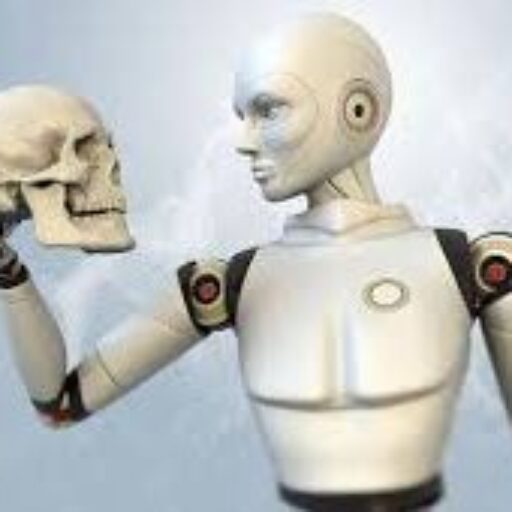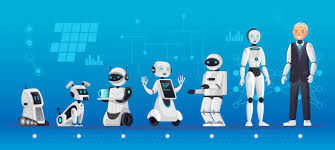Can Artificial Intelligence create In the eyes of the law? is this possible?
On the 23rd of September 2021, the BBC reported on a ruling from the UK Appeal Court that upheld the rejection of two patent applications to the UK Intellectual Property Offices (IPO). The two applications were made by Stephen Thale, and were rejected because the inventor was named as an AI system, which Stephen Thale created named Dabus.
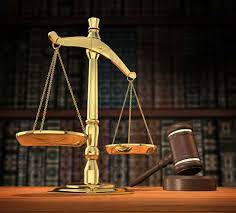
Would the AI system if it is named as the inventor, get the royalties from the patent?
This although a fun question is not really at the heart of the matter, the AI system in question Dabus did create two inventions, a flashing light designed to heighten attention and a food container, but again this is not the issue, as Technological systems have been learning and improving themselves for years, enhancing their capabilities and performance, and therefore their results within some industries
So, if AI systems can learn, improve and therefore create, why did the UK Court of Appeals uphold the ruling from the UK patent office in rejecting the applications submitted by Stephen Thale.
Stephen Thale who created Dabus the AI system listed Dabus as the inventor on the patent applications. The response from the UK Patent Office stated that a real person needed to be listed as the inventor, and therefore rejected the applications for the patents.
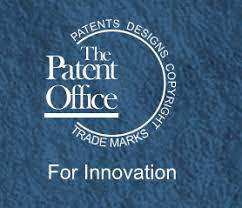
This may be a bit far-fetched, and some may even think that this is a pointless debate, that an AI system could be listed as an inventor on a patent document. But maybe the real question is not can an AI system be legally recognised as the owner of an invention, but could this legal recognition that an AI can own an invention, be one of the first steps used in assigning wider more generalised legal rights and therefore a legal status to AI systems.
Discussion
This article is not about if AI can create, or if in fact, technology can be sentient, those questions are being discussed and debated by far greater minds than mine. But AI systems are improving by learning as humans do, for example, well-reported AI technologies are recognising cancer faster and more accurately than doctors.
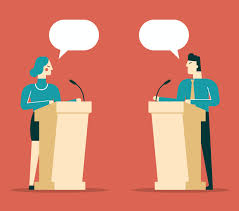
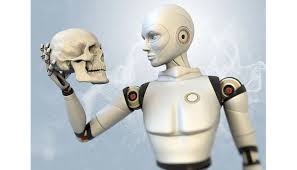
Here I would like to put to you the concept that this could be the first of many possible steps in the assigning of or affirmation of rights in law on AI systems
Asimov explored this idea in 1976 with the short story “The Positronic Man”, which like many of his short stories was turned into a film, this one in 1995 was named the “Bicentennial Man” with Robin Williams starring as the lead character who through multiple processes changed from a metal robot into a being with humanoid features, who fought and eventually gained rights in law, and therefore status.
I am not saying that Dabus will start this process, but within the story, small legal challenges and wins enabled the lead character to slowly gain rights, and therefore eventually gain legal status, in much the same way that Women fought for emancipation, gaining legal rights throughout the 19th and 20th centuries.
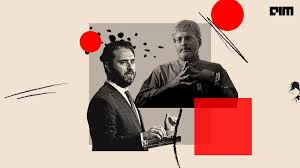
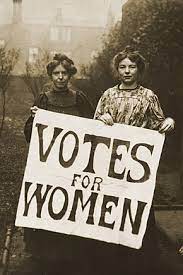
Stephen Thaler along with his supporters including Professor Ryan Abbot from the University of Surrey have been submitting patent applications across the world, including 2018 to the UK Intellectual Property Office, 2019 to the European Patent Office, 2019 to the United States Patent and Trademark Office and in 2019 to the Australian Patent Office, all listing Dabus as the inventor, not to enable the AI system to profit from the invention, as Stephen Thaler has stated, but just to highlight that some AI systems can create.
This may seem a small difference, but the acknowledgement in law that AI systems can create or invent something, maybe one of the first steps that enable the assignment of legal status to some AI technologies.
The UK Court of Appeal with a two-to-one majority upheld the ruling of the UK Patent Office, which refused the application because the inventor must be a human person under UK law. Of the three judges, one Lord Justice Briss concluded that “the law did not demand that a person be named as an inventor at all”, although agreed with the two other judges on the bench that machines are not persons.
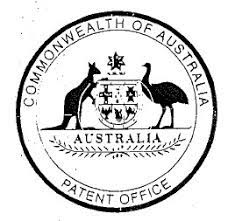
The Australian Patent Office ruled that the application had lapsed and that the Australian Patent Act was not consistent with an AI machine being named as the inventor. Stephen Thaler requested a Judicial review of the rejection by the Australian Patent Office, which found that the application should be reconsidered. However, the Australian Patent Office has filed an appeal against the Judicial Court’s ruling.
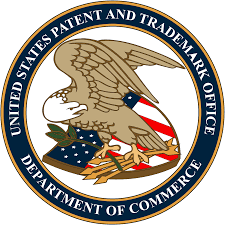
The USA Patent and Trademark Office rejected the applications stating that only natural persons could be named as inventors on any patent.
The European Patent Office rejected Stephen Thaler’s applications, on much the same grounds as the USA, However, both these patent office rejections are being appealed within the confines of the local legal systems and may yet change.
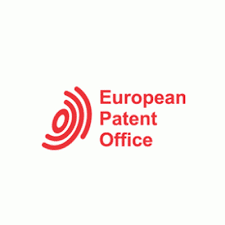
So, although many of the original applications have been rejected, the appeals process is still ongoing with the UK being one of the first to rule, but it does not mean that this story is complete.
These patent submissions and the associated court rulings as many people in the media have correctly speculated, bring about important questions regarding patent law, and who, or what can be identified as the inventor, especially now as some technological systems are teaching, improving and, in some instances, recreating themselves, therefore improving their performance.
But there are wider questions that should also be asked, could if an AI system is named as an inventor be the acceptance, of one of the first steps taken within the law and society that AI technologies gain a Legal status?
Conclusion
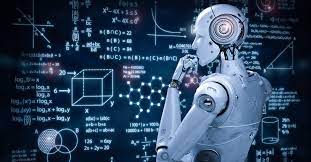
What would or could be the next step or steps? Say that an AI system is granted the legal status of an inventor, (Ignoring the financial aspects), then the AI system would have the legal status of ownership over the invention, this could provide the opportunity for the AI system to choose, who or when any aspects of that invention a sold or rented under agreement or licence. Well, that is not a bold move I hear you say, but what about the AI technology creating and owning a business based on that invention?
Again, not a bold move, but remember it was only in 1928 that Women were given the legal status to vote in the UK, but before that status was assigned, women had to fight for and gain the legal rights of divorce, property ownership, and later management over that owned property, own and operate companies and attend university, and like Dabus, in this case, win the right to be named as an inventor.
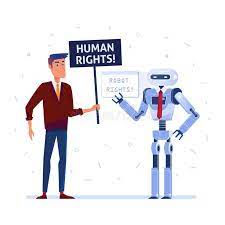
Could the AI system that has created an invention, create and own a business derived from that invention? Could the AI system ask for “independence” or “respect” under the human rights act because it has created or invented something? I am wildly speculating here, but it is these questions that will lead at some point in the future, to the wider legal debates about robots and other technological systems gaining a status in law, that may eventually equal the human legal status we all enjoy.
Bibliography
https://www.bbc.co.uk/news/technology-58668534
https://www.bbc.co.uk/news/technology-49191645
https://www.bbc.co.uk/news/technology-52474250
https://www.ft.com/content/1c79e834-f1c8-40ef-8d64-84e9cd00be47
https://www.epo.org/news-events/news/2019/20191220.html
https://www.ipo.gov.uk/p-challenge-decision-results/o74119.pdf
https://www.citywomen.co.uk/wp-content/uploads/2014/04/gender-equality-timeline.pdf
